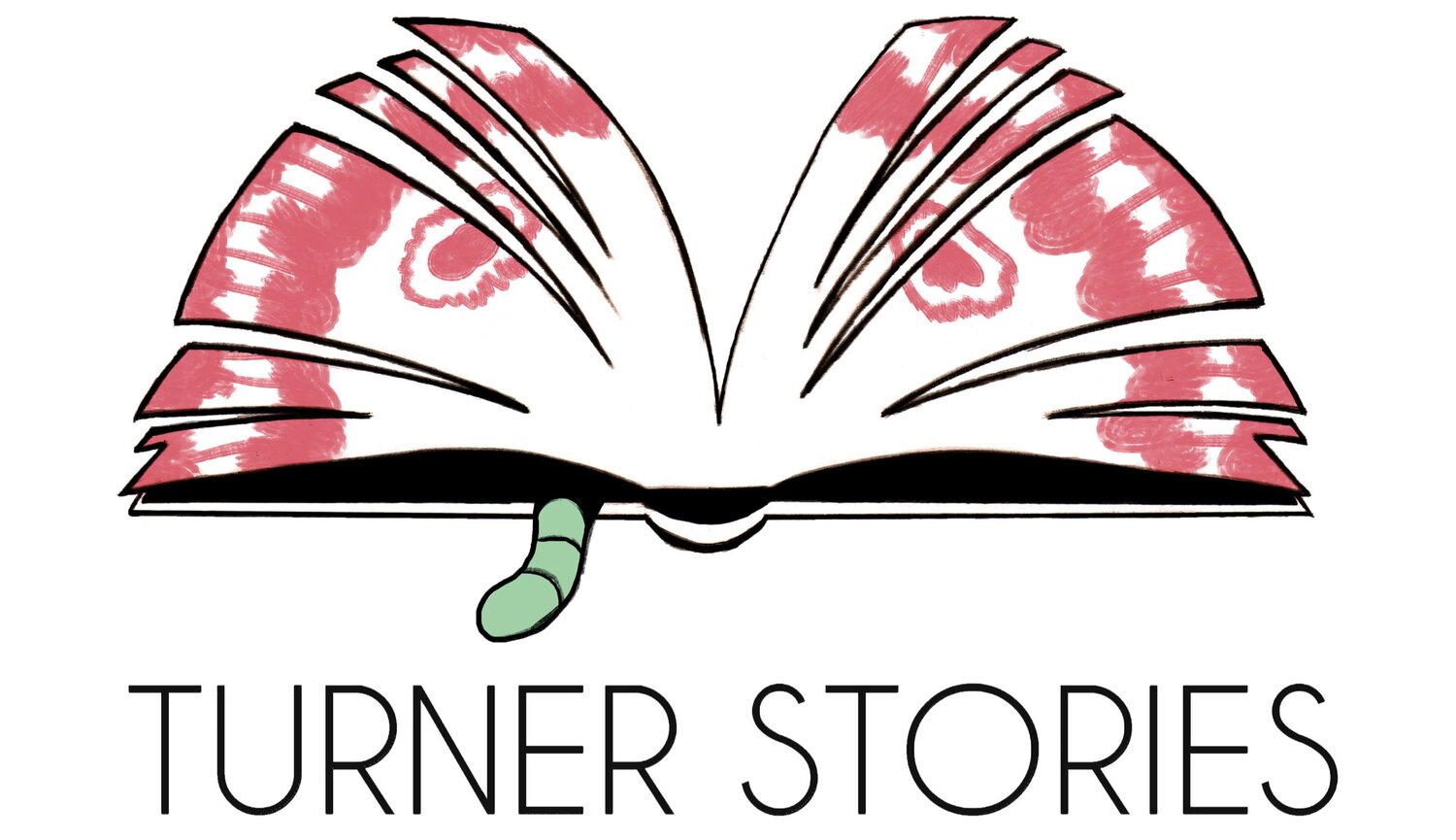What Do You Experience When You Write Fiction?
What you ‘see’ in your mind’s eye when you write fiction
Image by Leandro De Carvalho via Pixabay
Here’s a fun exercise. Someone recently asked me: ‘what do you see when you’re writing fiction?’ I was startled by the question. It felt like a very intimate question. What you ‘see’ as a writer when you write, feels personal to me. It’s a process that shines a light into the corners of your soul. It’s like asking how imagination works.
I replied that I had no clue where to begin to explain that. ‘Well, you’re a writer, aren’t you?’ she asked. An inconvenient truth at that moment. The ultimate dare for a writer.
Has someone ever asked you what you experience when you write? What you sense when you conjure up worlds and people and circumstances. What do you see, smell, feel, hear?
What happens in your brain when you’re writing fiction? What mental images form in your mind?
A little thing about your imagination
Our imagination is shaped by a set of factors. Experiences and memories, our environment and our perception of the world. Drawing on our experiences, worldview, and surroundings allows us to create.
Cognitive scientists argue that our ability to come up with creative ideas and images is due to a neural network in our brains called a ‘mental workplace’. About a dozen regions in our brains are active when we imagine something, exposing a complex neural network. Within this mental workplace, we can learn, think, and see from multiple perspectives. It’s like we have a mental playground that is rich in images, thoughts, smells, and sounds.
Sometimes it’s easy to imagine a new story, characters, and settings. Other times you’re running a bit dry. Your imagination isn’t something that can be forced. In my experience, there are ways to kickstart it. By going for a walk, meditating or exercising. Unwind and let your thoughts run freely. Let mental pictures and ideas unlock and come to the surface, tap into that unconscious mind and wander away.
What do I see when I write?
When I write fiction, it feels like I’m wearing contact lenses. However, these lenses provide me with another set of eyes. A set of eyes that projects my fictional world, characters, scenes, settings, and dialogue.
I see images. Sometimes they’re clear and in high definition. I can almost touch my characters. I picture them before me, like how you picture a friend. It’s very vivid. But this is rare. I see flickers of detail before it disappears. More often the images are more translucent, with rough edges, like clouds. Shadows of people appear. Shapes without faces.
Scenes play out in my mind like that too. Like comic books images, except the clouds that are used for the text are clouds with scenes. Unsharp, with blurred edges, just showing me enough detail to get a grip on the situation.
What I see is often a combination of things I recently experienced. An image from a TV show I recently watched or a conversation with a friend, an image I’ve seen online, something I read. The subconscious mind stores this somewhere in my brain and when I write, it’s like I’m browsing my Netflix mind for images and experiences that match my story.
Scenes are projected on the screens of my imagination. Actions are usually clear and short. Imagine a storyboard. Different shots of a scene enter my mind, and I have to be quick to capture them.
This is what I ‘see’ when I write. I can’t control it and I know I can’t. The only thing I’m able to do is to zoom in whenever possible. To paint a better picture. But I have to be quick before the images escape me.
I do know this: feeding your imagination is the most important thing to keep it fresh and active. It’s like training a muscle. Feed your mind with experiences, books, interactions, art, walks in nature, anything. Write down your dreams. Get out there and live to bring your creations to life.
When you avidly read and experience life, you likely have a vivid imagination as well.
You can connect things, stories or experiences that seemingly aren’t connected. You can let your thoughts and ideas ‘mate’. You simply assemble the ingredients and create a recipe.
How to treat your imagination
What do you experience when you write fiction? Think about it for a minute. What is your process? What do you see? Is it similar to mine or completely different? If you want, share it in the comments, I’d love to know.
We all have a different process, but our minds are wired the same. Imagination works the same for everybody. It’s how you train and feed it that makes your creative work stand out. Understanding your imaginative process can help you further master it.

